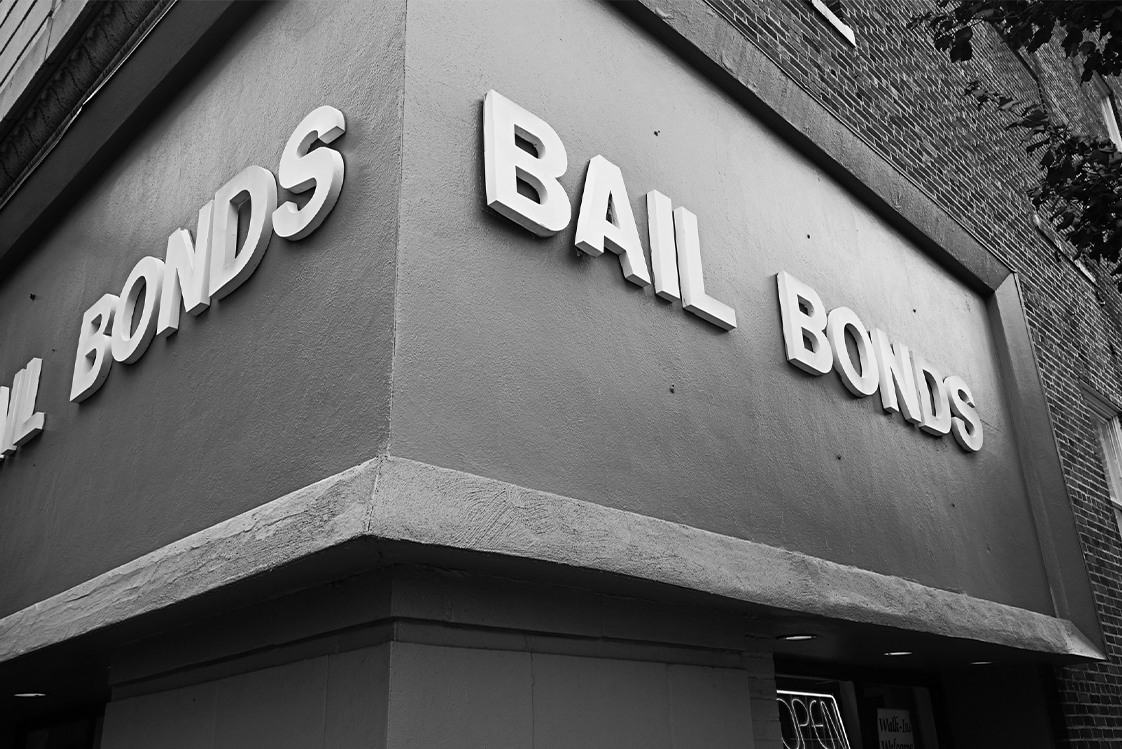As reported by Law360 (subscription), U.S. District Judge Jon Tigar for the Northern District of California has issued an order denying the latest motion by California bail bond industry players to dismiss claims from a class action lawsuit accusing them of conspiring to charge artificially high prices for bail bonds. The class action seeks damages for the hundreds of thousands of Californians who allege they overpaid for unlawfully inflated bail bond premiums, and to prevent such unlawful overcharging from continuing. Lieff Cabraser serves as Lead Interim Counsel in the action.
The lawsuit alleges the prices of bail bonds in California have been unlawfully inflated by illegal agreements between surety companies and certain bail agents operating in California. This case is the first ever to allege that an antitrust conspiracy has improperly fixed the prices of the premiums paid for bail bonds in California since at least 2004.
In earlier periods of the litigation, Judge Tigar had determined that plaintiffs had sufficiently alleged the conspiracy, but wanted the Court provided with more information regarding the role of each defendant. After the second round of motions to dismiss, Judge Tigar permitted limited discovery to proceed against all defendants, and plaintiffs spent the past year battling document by document for the ordered access. Disputes over the documents were presented to Magistrate Judge Ryu three times, with plaintiffs prevailing each time.
Plaintiffs secured evidence that the 21 companies named in the complaint conspired to submit the same 10% premium rate to the California Department of Insurance, and worked to suppress rebating at the agency level from those rates. The evidence obtained shows that the defendants also tried, on multiple occasions, to convince the California Department of Insurance to codify their conspiracy into law (which would, in fact, violate the California constitution).
In their latest motion to dismiss, defendants argued among other issues that the claims of the plaintiff class should have been thrown out on the grounds that the alleged conspiracy occurred during related legislative lobbying efforts, and therefore was shielded from antitrust scrutiny under the Noerr-Pennington doctrine.
Judge Tigar disagreed, noting that the doctrine did not provide a pretext for unlawful private collusion. “Under Defendants’ view of the doctrine,” he said, “colluding corporations could shield themselves from antitrust liability altogether by simply labeling their efforts as legislative or by otherwise endeavoring to codify their anticompetitive agreements.”
The Judge went on to uphold plaintiffs’ arguments on every contested issue, and denied the defendants’ motions with respect to all 21 of the defendant companies. The case will proceed with its entire damages claim intact from 2004 to the present, on behalf of every person in California who purchased a bail bond.
Read the full article on the Law360 (subscription) website.
Learn more about the Bail Bonds pricing antitrust case here.
Contact us
Use the form below to contact a lawyer at Lieff Cabraser.












